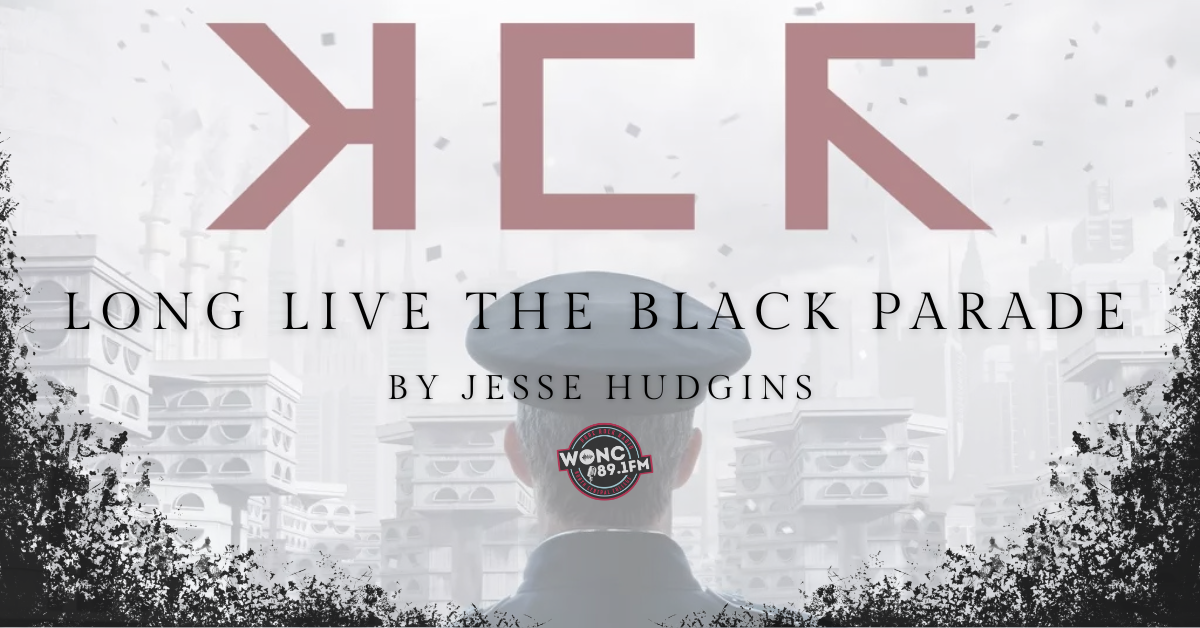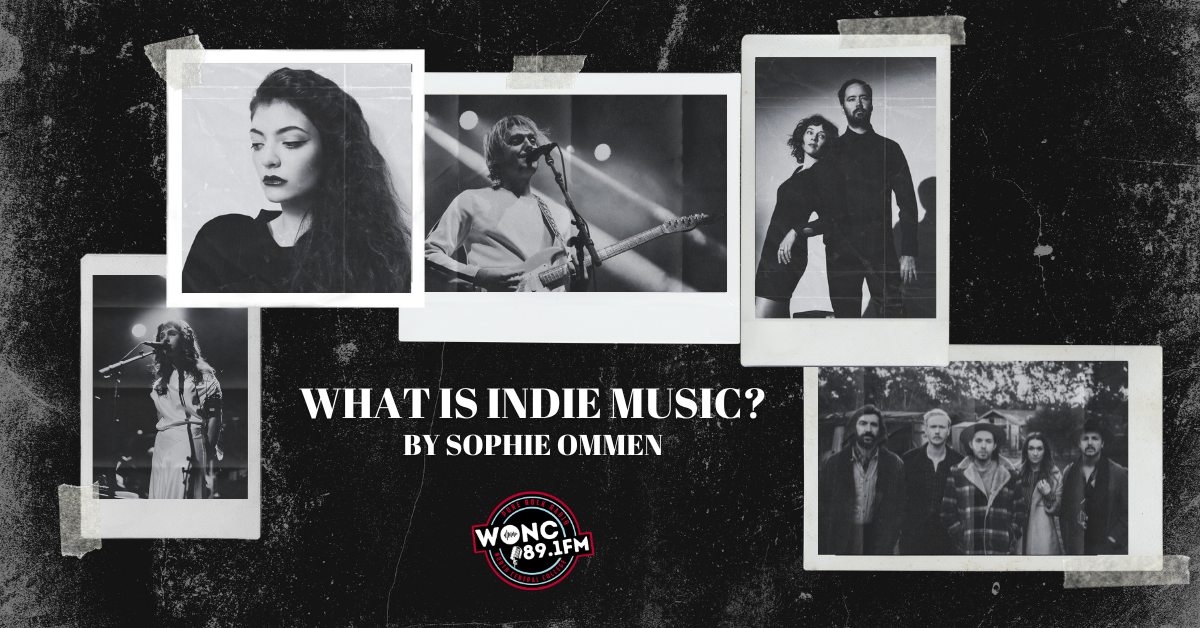Hello, YOU! The first half of season 4 of You dropped on Netflix February 9th, and wow, do I have some things to say!
https://www.youtube.com/watch?v=3COY_HrMngc
For starters, I’ve always been a fan of this show. Despite the themes that seemingly promote stalking and serial murder, the tone of this show is executed in such an effective way that it comes across as more humorous than realistic.
I have to admit, it’s shocking and honestly kind of impressive that viewers have been able to root for Joe as much as they have, for as long as they have. You’d think that after 3 seasons, we’d all collectively decide that Joe is a bad guy and decide to stop watching. Joe Goldberg is the perfect example of a modern-day television anti-hero, and he’s about as “anti” as it gets. In fact, across the first 3 seasons, Joe has stalked and murdered a whopping 10 people. Double-digits amount, and yet, we still participate in what is ultimately Joe’s narrative. Why is this?
The reason I think it’s so easy for viewers to side with Joe has less to do with who Joe is and more to do with the way the show is formatted. Most of the dialogue in You is given to the audience in voiceover format— specifically, Joe’s voiceover. Meaning, the audience is essentially allowed full access to Joe’s thoughts, feelings, and decision-making process from the start of the very first episode. In fact, the show would actually have very little dialogue at all if Joe’s inner monologue and narration was removed (and yes, those compilations on YouTube are quite funny.) Psychologically, this causes viewers to develop a sort of dependence on Joe, because it is through his mind that we are learning the story. Since everything we hear is influenced by Joe’s perspective, the audience is subconsciously wired to also share that perspective.
Another mechanism the show uses to allow the audience to root for him is that they attempt to humanize him. They teach us about his abusive childhood, they show us scenes of him freaking out and vomiting after a murder, as if any of those things could excuse his actions. And yet, we buy into it anyways.
The third (and most important, in my opinion) mechanism that You utilizes is humor. The show doesn’t take itself too seriously, which subconsciously communicates to viewers that they shouldn’t either. It’s a fictional show, highly unrealistic, and sometimes just outright ridiculous. Nonetheless, it’s entertaining to watch.
SEASON 4 (Pt. 1) SPOILERS AHEAD!
The spot where I believe this show is lacking, which, evidently showed in the first part of season 4, is its repetitive nature. Every season is beginning to feel like the same story with a different girl. In previous seasons, this feeling was deterred by being introduced to Love Quinn, who was fascinatingly a perfect match for Joe. We invested in the repetitive storyline because we invested in Love Quinn, who’s just as complex and layered and interesting as the show’s protagonist. However, with Love gone (supposedly, contrary to s4 part 2 trailers that show Love’s return), all that’s left to look at is the repetitive structure and story arcs.
Season 4 attempts to change what have been conventional plot points in previous seasons, but its execution is lackluster. In part 1, Joe seems to have no love interest and no female obsession, which is something we haven’t seen to this extent yet in this series. In addition, season 4 attempts to reverse the usual conflict, with Joe the one being stalked. Yes, the stalker becomes the stalked, which feels like it would pack some sort of multi-season punch, some grand change of pace, but in the end, the structure of the show ends up feeling the same.
Because of this, season 4 was the first time in this show that I felt bored. Maybe it’s because Love Quinn is gone, maybe it’s because it’s difficult to connect with any of these mysterious new British characters, maybe it’s both. It felt like I could expect what was coming. Overall, not a huge fan. I was just…bored. Plain and simple. As it turns out, being on the other side of the action isn’t nearly as entertaining.
Another thing I disliked about season 4 was the fact that it’s being released in two parts. Netflix has been increasing this method lately, specifically with more popular shows with fanbases who are willing to wait it out. In my opinion, it feels like an abuse of loyalty. Knowing that people will watch a show doesn’t mean you have to make them jump through hoops.
Previous examples of this multi-part release structure include Stranger Things 4 in May-July, and Manifest season 4 in November of last year. With those two, I was annoyed with the separated release, but still enjoyed the watch because part 1 and part 2 of each series were strong enough to stand on their own as separate releases.
You, on the other hand, doesn’t do a good job of standing alone as a part 1 release. Like I said, I was bored. It started to get slightly interesting, only for me to be told I had to wait for part 2. I feel like I could’ve skipped part 1 completely. My point is that if you’re going to do a multi-part release, make sure each part is interesting enough to stand alone. If it can’t, it just feels like I’m being told to wait for the sake of waiting.
Overall, I’d give season 4 part 1 of You a 4 out of 10. Every actor’s performance was sufficient, but the overall structure of the story was lacking and uneventful. All we can do now is wait for part 2.







